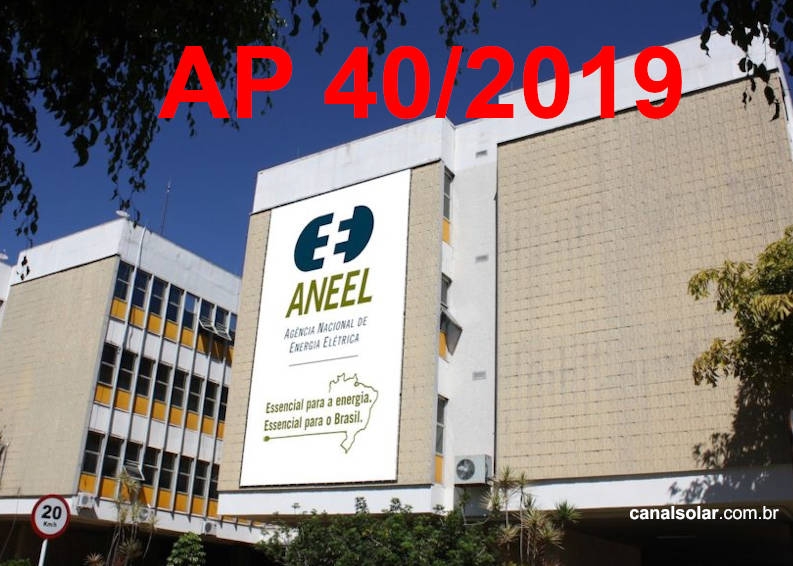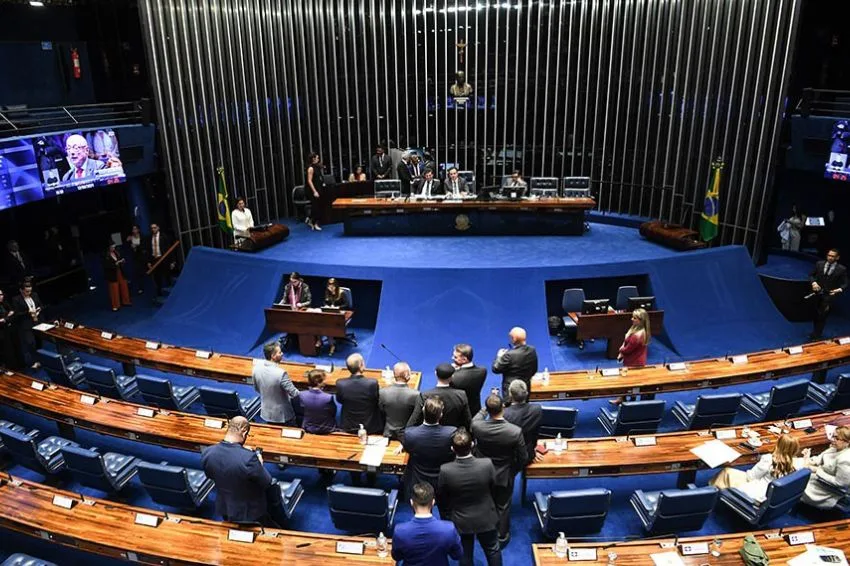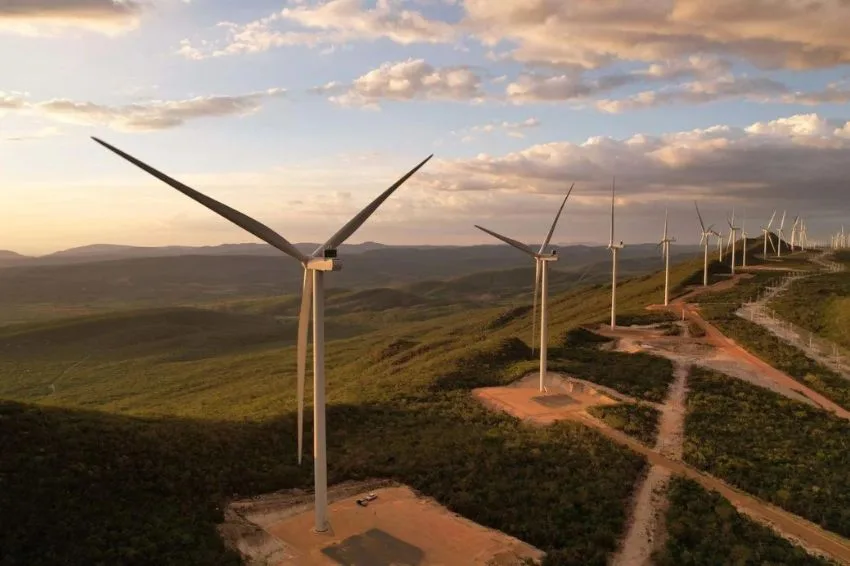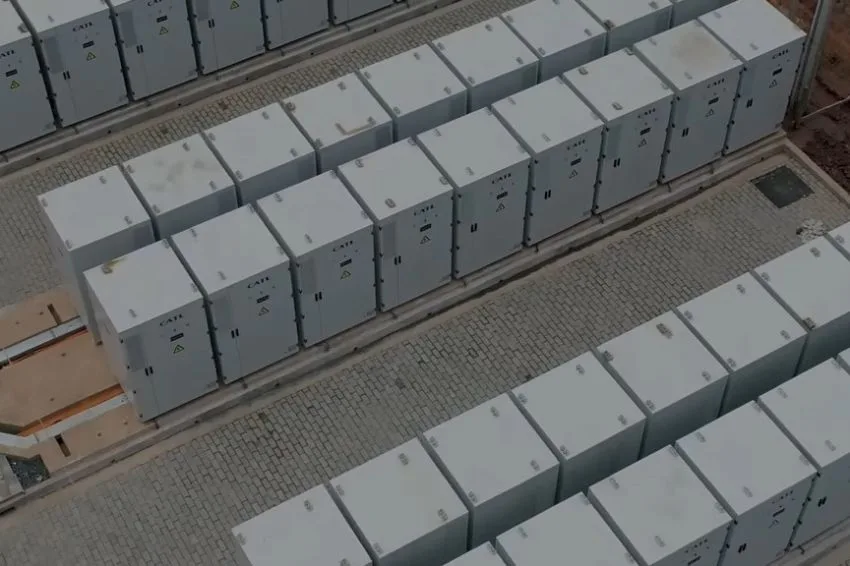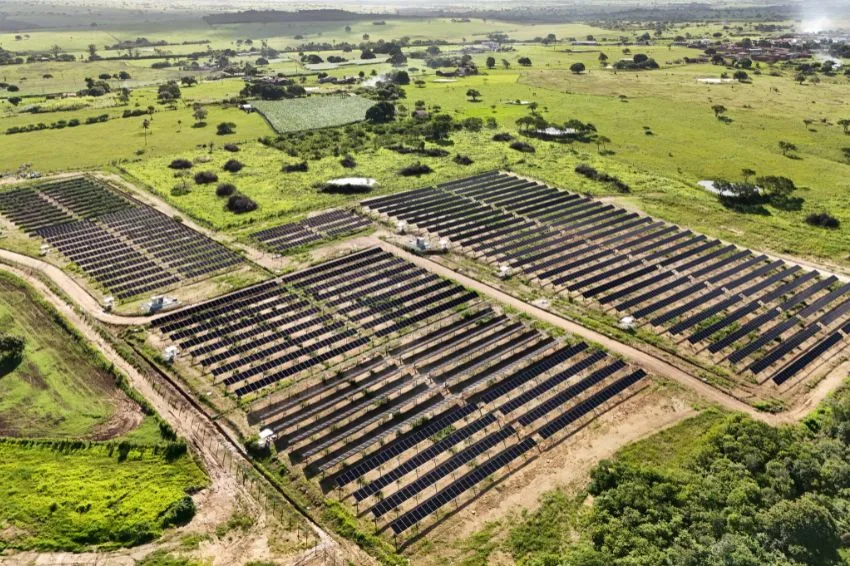Public Hearing nº 040/2019 took place last Thursday (07/11/2019), at the Army Club in Brasília, which aimed to obtain contributions from society on the changes planned for Normative Resolution nº 482/2012 that governs distributed generation.
At the hearing, which lasted all day and had around 800 participants, entities linked to the sector and independent speakers were able to make their contribution to the ANEEL board. With a broad discussion front, it can be noted that some opinions were common to many speakers.
The agricultural sector was present en masse in the discussions. Entities and citizens associated with agribusiness argued about the advantages of distributed generation energy associated with the reality that businessmen and rural workers encounter.
There is difficulty in obtaining good quality energy, that is, within the values established by ANEEL and without frequent interruptions in rural areas. The frequent power outages, the long time for repairs in the field and the high value of energy make the advantages of having a distributed generation system very attractive.
Agribusiness is the main engine of the Brazilian economy, and it needs competitive energy prices to grow and continue to prosper. It was also remembered that in rural areas it is not only solar energy that becomes viable. Distributed generation is also commonly carried out with biogas, biomass and small hydroelectric plants.
The other sources that make up distributed generation, biogas, wind and small hydroelectric plants were also represented by their associations. ABIOGAS, the Brazilian Biogas Association, recalled that the benefits of energy generation from this source are comparable to the benefits of solar sources, which are the most significant in distributed generation. The source has little significance in the current balance of distributed generation, however, it has great potential for growth, as its raw material is generated by waste from rural areas. The source also represents a positive environmental impact, as it transforms environmental liabilities into cleaner energy assets.
Biogas is a source that does not suffer as much intermittency as solar and wind, it can be stored and therefore can make the electrical grid more reliable and predictable. The association was still surprised by the fact that almost all of its contributions were ignored by ANEEL, without it answering the reason.
ABRAPCH (Brazilian Association of Small Hydroelectric Plants) argues that ANEEL must maintain the current rules for at least 25 years for systems that begin operation before the standard changes.
Today there are 16 small hydroelectric plants connected to the credit compensation system, with 30 projects expected to be added by the end of 2020. The association also understands that paying the installment of TUSD A and TUSD B, that is, for transmission and distribution , it is fair, since distributed generation systems use infrastructure, however, charges related to system expansion must be left out of the new energy compensation, since distributed generation systems already alleviate this need by their very nature .
Rodrigo Sauaia, executive president of ABSOLAR, stated that ANEEL should consider all the direct and indirect benefits of distributed solar photovoltaic generation in the 482 review process. As reported in our article ANEEL announces disastrous proposal for the sector and surprises the market, the agency negatively surprised everyone when it stated that all the benefits linked to the solar source, which were taken into account throughout the process, would simply no longer be considered in the decisions to review RN 482. According to the ABSOLAR executive, “the analysis of the regulatory agency should include, for example, the postponement of investments in electricity transmission and distribution, relief from networks due to the neighborhood effect, generation of jobs and income, diversification of the electrical matrix and reduction of greenhouse gas emissions, among several others benefits that far outweigh any possible costs of distributed generation”.
Figure 1. Rodrigo Sauaia, ABSOLAR executive during his speech at the Senate Infrastructure Committee, held on 10/31/2019.
The association also defends that ANEEL maintains the legal security of already connected projects, as many of them were modeled for the scenario in which the agency honored the compensation conditions at the time of connection. The deals are designed for a horizon of 25 years, the typical period of operation for a photovoltaic system.
ABSOLAR still fears that the proposed regulatory model will cause a huge setback in the sector, as remote self-consumption and shared generation models would become unviable for a long period of time.
Today, distributed generation from solar sources represents only 0.2% of the total energy matrix, which means that the review proposed by ANEEL makes a sector that is still very small and has little real impact on the grid unviable.
Bárbara Rubim, also a member of ABSOLAR, highlighted in her speech that the distributed solar energy sector generated jobs even when the country was going through its worst economic crisis and that measures such as those proposed by ANEEL would represent a significant decrease in the number of new jobs and entrepreneurs in the sector.
Today, distributed generation from solar sources represents only 0.2% of the total energy matrix, which makes the proposed review for ANEEL unviable for a sector that is still very small and has little real impact on the grid.
The political class also participated in the event. Senator Major Olímpio (PSL/SP) and deputy Lafayette de Andrada (Republicanos/MG) reiterated points raised at the Infrastructure Commission meeting held in the Senate on Thursday 10/31. The Commission had the participation of several senators and federal deputies, where they directly questioned ANEEL's management body about the changes proposed in RN 482.
The senator suggested that the matter be taken to the Senate's Economic Studies Committee, so that the socioeconomic impacts can be properly studied. Major Olímpio also reiterated, according to the unanimous testimony of the senate, that ANEEL must better explain its decisions and must at least give a longer period of time for all studies to be carried out.
Figure 2. Senators debate ANEEL's proposals for the distributed generation sector at the Infrastructure Commission held on 10/31/2019.
Concessionaires were also present through associations or direct contributions. The sector's discourse was based on reducing the so-called “cross subsidy” and charging imbalance, where consumers who do not participate in distributed generation would be paying the network costs inherent to consumer generation with solar, and which today are not deducted from credits. such consumers.
This charging imbalance can cause a concentration of income, as the richest consumers are those who typically install distributed generation systems, while for low-income consumers this possibility is more remote. The sector was blunt in saying that it does not take a position against distributed generation, however, it only seeks a fair and balanced way to guide the exponential growth of distributed generation.
This point was harshly criticized in the speeches of entities and people linked to distributed generation, as although it grows exponentially it still represents a very small share of the market (0.2% of the energy matrix).
ABRADEMP (Brazilian Association of Small Distributors) argues that distributed generation in the current model is not capable of adequately remunerating distributors for the use of the network and that the reduction in the prices of photovoltaic system components should be sufficient to compensate for the drop in profitability predicted by ANEEL's proposal.
The fact was also raised that several countries have already undergone changes in resolutions similar to those proposed by ANEEL, such as the United States, Germany and Australia, a point that was refuted by experts in the sector, who stated that the review took place when the solar source it already represented more than 5% of the energy matrix of these countries.
Businesspeople and citizens linked to the sector made the largest number of contributions to the hearing. Job creation was a recurring theme in the contributions. The solar distributed generation sector has a large participation of micro and small entrepreneurs who, even in times of economic downturn, generated between 75 and 100 thousand jobs.
The solar market is one of the markets with the best forecast for growth in the number of jobs, with exponential increases since it began in 2012. This movement in the economy is beneficial for the entire society and, according to the speakers representing civil society, it was not considered by ANEEL.
Figure 3. The hearing had significant public participation. In the photo, uniformed members of the Movimento Solar Livre group.
The solar source, according to taxpayers, can reduce the costs of expanding the electrical network and increase energy security, since generation together with the load alleviates the demand for energy from the network and the improvement of the electrical system carried out by the private sector in the context distributed generation strengthens the national energy matrix. The topic of environmental sustainability was also raised, which, in solar, is represented by the generation of energy from clean sources and the reduction in the need to use thermoelectric plants, effectively reducing carbon dioxide emissions.
Consumer associations brought the issue of freedom of choice in the electricity sector to the debate, saying that consumers should be able to choose between generating their own energy or consuming from the concessionaire, without being discouraged by the changes proposed by ANEEL.
The contributions come to enrich society and the energy sector, and show ANEEL the importance and magnitude of the discussions raised. The distributed generation sector proved to be organized and united against the changes proposed by the regulatory agency, and should continue like this until there is a final position from ANEEL. ANEEL recently extended the deadline for public contributions. Read more in our article: ANEEL extends the deadline for sending contributions relating to RN 482.
Canal Solar was present at the public hearing AP 040/2019 and will participate in all stages until the approval of the amendment to RN 482.


